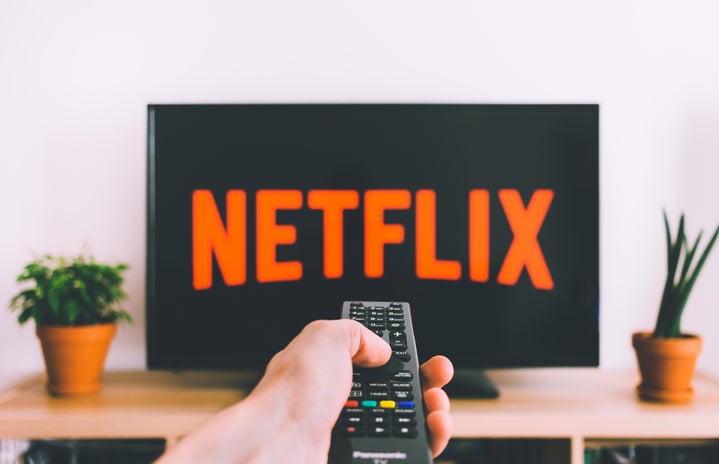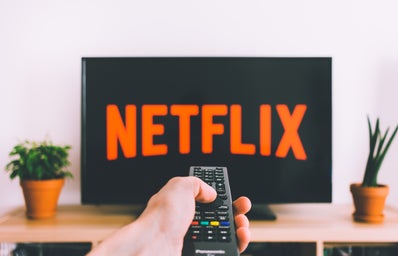BoJack Horseman is a Netflix cartoon about a washed-up sitcom star from the ’90s. And, if you didn’t gather it from the title, he’s a horse. Throughout its six seasons, the show dealt with issues surrounding mental health (giving a really accurate representation of what someone struggling with serious psychological issues looks like), addiction, and abusive relationships—among others. Personally I loved this show, but I understand how a dark comedy about a cartoon horse isn’t everyone’s cup of tea. But if you HAVE watched the show, let’s discuss the final season.
Spoilers ahead for the entire final season of BoJack Horseman (duh!).
The fifth season of BoJack was really great. It revolved around the main characters living in Hollywood in the post-#MeToo era. The writers wanted this season to be a statement to everyone who found BoJack (at best insensitive and abrasive to those close to him and at worst toxic, manipulative, and demeaning) relateable. They structured this season to set BoJack up to go to rehab and demonstrate that his behavior was not something that should be “relatable” or “normal”.

The sixth season starts with BoJack going to rehab. He stays in rehab for a long time, making some mistakes along the way, but emerges from rehab generally, a more healthy individual. He gets a job teaching acting, and works to rebuild connections with those he’s hurt. However, in the end, reporters uncover that he gave a recovering addict the means to overdose. No rest for the wicked right? He tries desperately to save face, going on interviews to try and show the world that he’s changed. However, it’s too late. As his world that he’s worked so hard to rebuild comes crumbling down around him (this includes him being shunned at his AA meetings), it’s no shock that he relapses.
Now here’s where it gets good and bad. Towards the end of the season, he starts to lose it. As everything he loves is taken from him, he drinks more and more. Three episodes from the end, BoJack gets absolutely trashed and drives to his old house (which he had to sell to afford lawyers and settlements). He drinks up all the liquor in the house, takes a bunch of prescription pills, and then decides to jump into the pool. And that’s where the episode ends. The second to last episode starts off with a dream of him and everyone meaningful in his life who has died. Full of deep emotional meaning and tying the story back to earlier seasons, this episode was probably one of the most poignant and one of the standouts of the last season. The final scene is him running from a black slime that represents death and finally being able to accept it.
But then, BoJack gets saved. He goes to a hospital, and then he goes to jail. When he gets out, he goes to a party and apologizes to everyone in his life. It’s a very sweet ending, with him making amends for basically the entire run of the show—from the first moment we meet him to the moment of his overdose. However, despite this, I don’t think it gives the emotional and meaningful ending that would have happened if they left us up in the air about BoJack potentially drowning in the second to last episode. Lastly, the ending also didn’t sit right with me because it opens the possibility of BoJack going back into the entertainment industry, which drove him to alcoholism and drug addiction in the first place. Overall, the last season was a triumph, but I could have done without the final episode.




